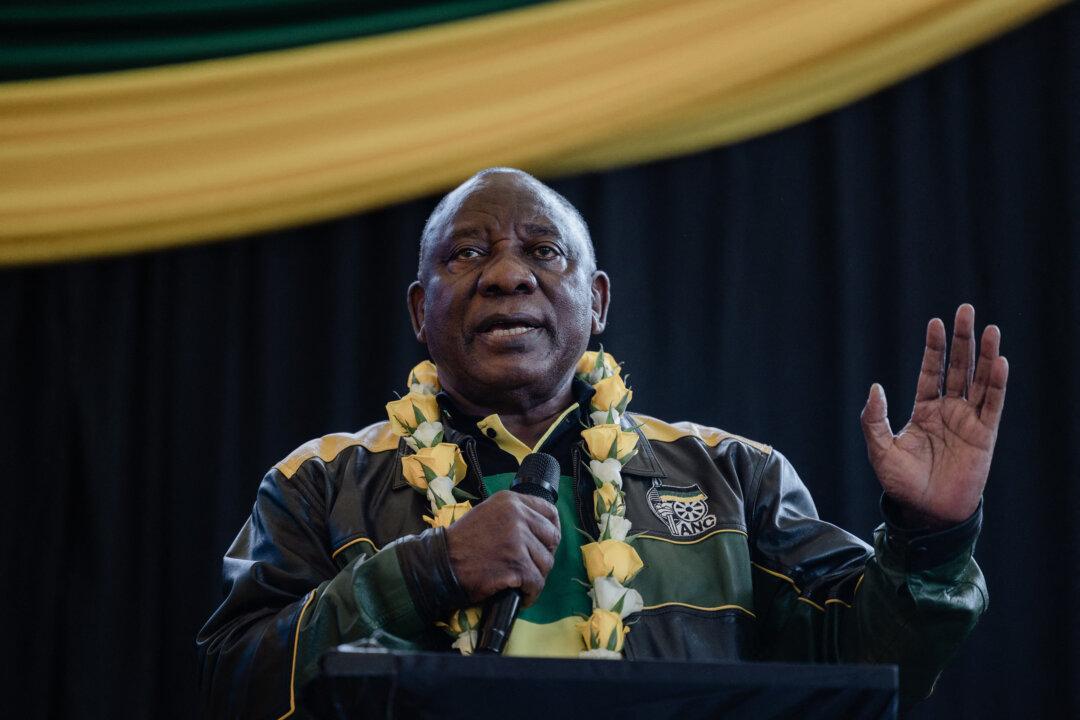JOHANNESBURG—The South African government has granted diplomatic immunity to all officials set to be involved in the upcoming BRICS summit, including Russian President Vladimir Putin.
International Relations Minister Naledi Pandor did this by publishing a notice for the Diplomatic Immunity and Privileges Act to be extended to all international officials attending BRICS-related events in South Africa.





